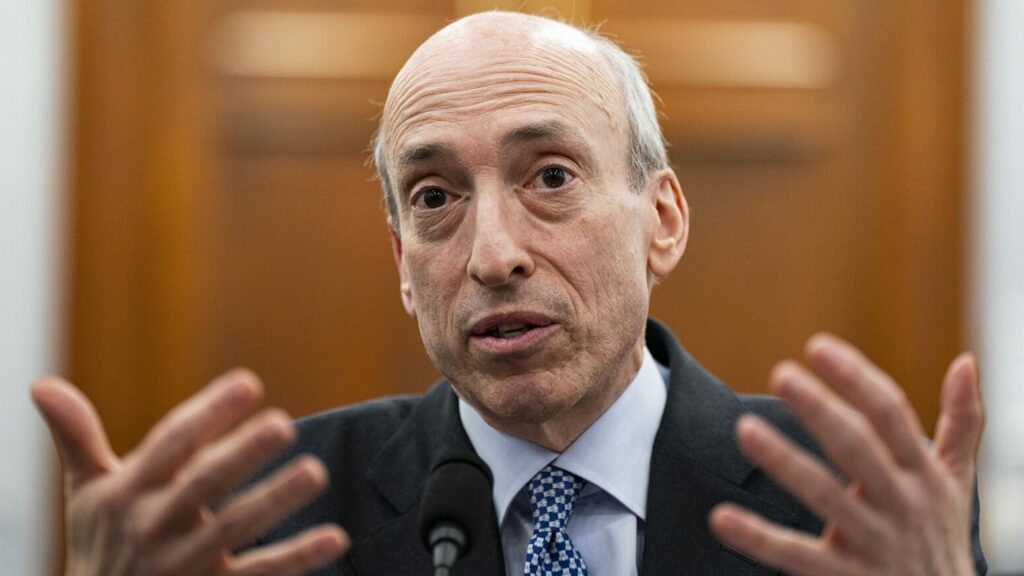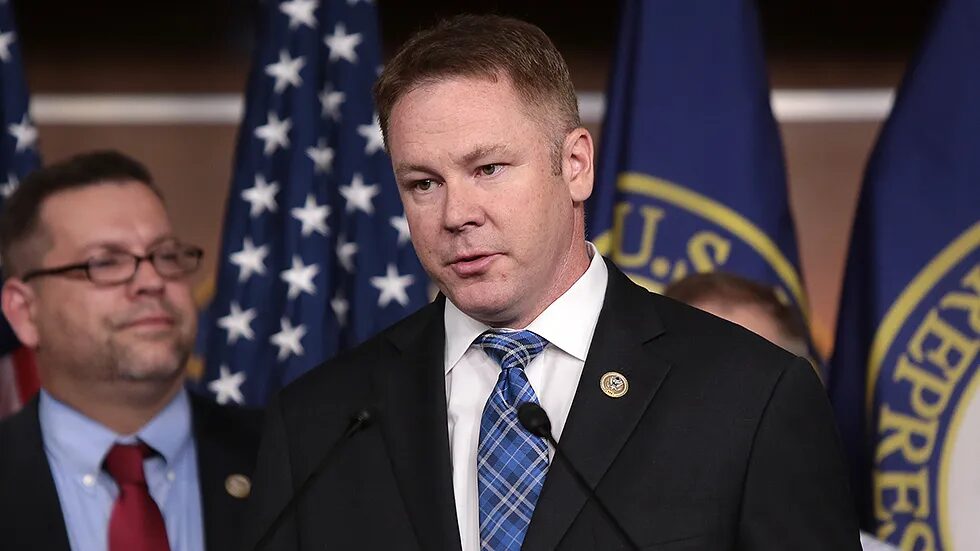The U.S. Securities and Exchange Commission (SEC) is on the brink of a major transformation as Congressman Warren Davidson takes a bold stand against its current Chair, Gary Gensler. Davidson, known for his outspoken views, has declared 2024 as the opportune time for Gensler’s removal, signaling a brewing discontent with the SEC’s leadership and regulatory approach during Gensler’s tenure.
A Call for Change: The SEC Stabilization Act

In a move that transcends mere criticism, Congressman Davidson has introduced the SEC Stabilization Act, a legislative proposal designed to reshape the SEC‘s structure and potentially remove Gensler from office. Gensler’s aggressive and enforcement-focused approach, particularly concerning digital assets, has drawn ire from the crypto industry and raised broader questions about the SEC’s regulatory effectiveness. The Act seeks to realign the SEC’s focus, shifting away from perceived tyrannical tendencies towards a commitment to fair and effective market regulation. Additionally, by advocating for the removal of the ‘accredited investor’ rule, Davidson aims to democratize investment opportunities, fostering a more inclusive financial landscape.
Read more: BlackRock’s SEC Meeting: Potential Game-Changer for Bitcoin Spot ETF
Challenges and Potential Transformations

While Congressman Davidson’s initiative holds transformative potential, its realization faces substantial challenges. Ousting a sitting SEC Chair involves intricate political maneuvering and navigating legislative hurdles. Success hinges not only on garnering support from fellow lawmakers but also on presenting a compelling case that withstands scrutiny both within Congress and in the broader public arena.
Read more: SEC Serves Lawsuit to HEX Founder Richard Heart in Finland
The implications of such a move are profound, potentially signaling a significant shift in the SEC’s regulatory philosophy, particularly concerning emerging sectors like cryptocurrencies. A successful push for change could usher in a more collaborative and innovation-friendly regulatory environment, diverging from the current atmosphere of uncertainty and perceived hostility.
Conclusion
As the financial community anticipates 2024, Congressman Warren Davidson’s crusade against Gary Gensler and the SEC stands as a pivotal moment that could redefine the landscape of U.S. financial regulation. Beyond a mere political skirmish, this initiative prompts a critical examination of the SEC’s role and methods. Whether it results in a restructuring of the SEC or sparks broader conversations about its regulatory approach remains uncertain. What is evident, however, is that change is looming, and its repercussions will reverberate throughout the entire spectrum of the U.S. financial system.






